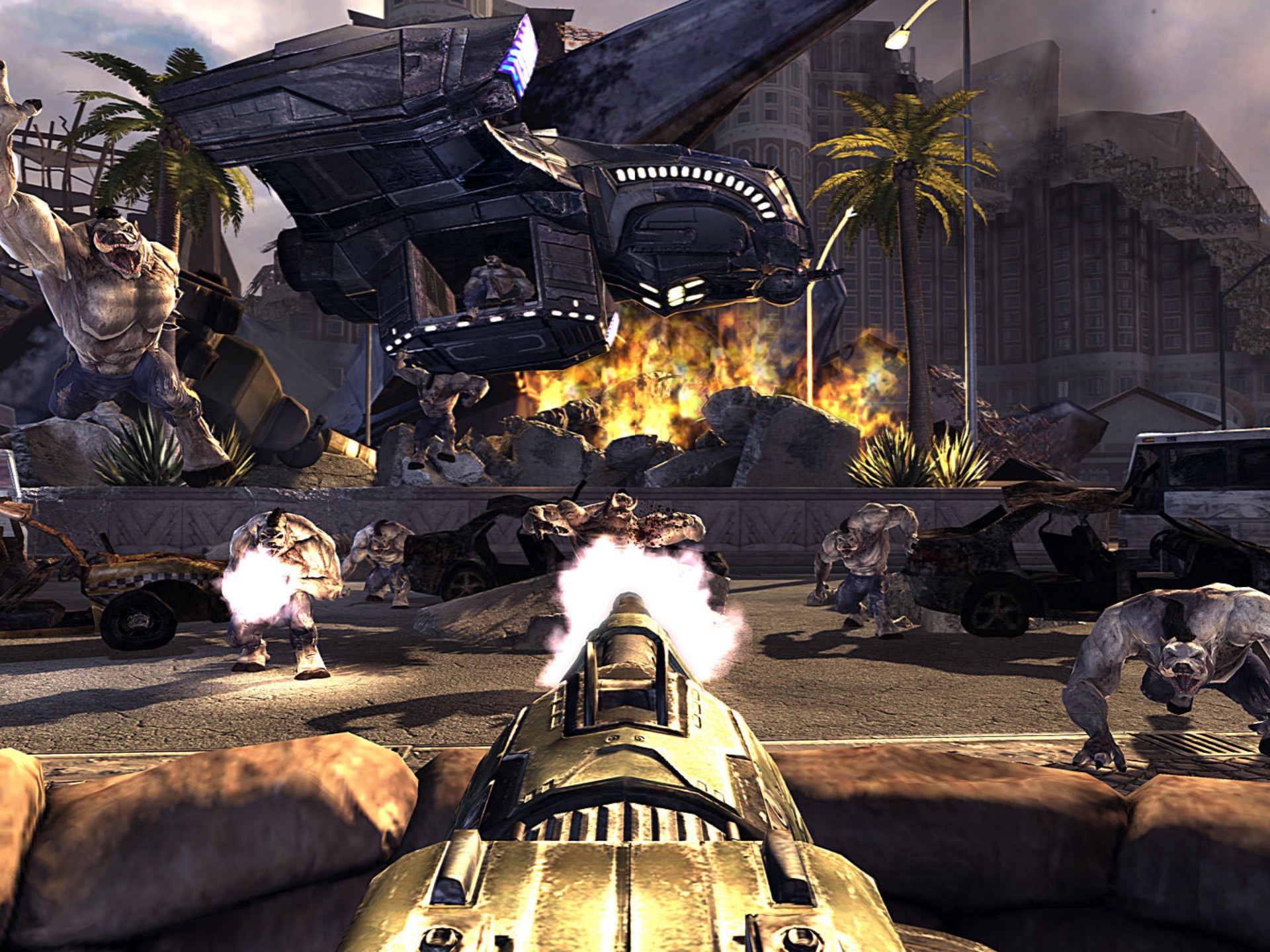DLC Endings: Do They Change the Canon?
Introduction
Downloadable Content (DLC) has become a staple in modern gaming, offering players extended narratives, new characters, and alternate endings. However, a recurring debate among fans and critics is whether DLC endings should be considered canon—officially recognized as part of the game's true storyline—or if they exist merely as "what-if" scenarios.
This article explores the impact of DLC endings on a game's canon, analyzing examples from popular franchises, discussing developer intent, and examining how players perceive these additional conclusions.
Understanding Canon in Video Games
Before diving into DLC endings, it's essential to define canon in gaming. Canon refers to the officially accepted storyline, events, and character arcs that are recognized by the developers as the "true" narrative. Non-canon material, such as spin-offs or alternate endings, may exist but do not influence the main continuity.
Traditionally, the base game's ending is considered canon unless the developers explicitly state otherwise. However, DLCs complicate this by introducing new conclusions that may conflict with or expand upon the original ending.
Types of DLC Endings and Their Influence on Canon
1. Expansions That Extend the Original Ending
Some DLCs serve as direct continuations of the main story, providing closure or additional context. These are often treated as canon because they align with the base game’s narrative.
Example:
- The Witcher 3: Blood and Wine – This DLC concludes Geralt’s story in a way that feels like a natural extension of the main game. Given its narrative weight, many consider it canon.
2. Alternate Endings That Offer New Possibilities
Some DLCs introduce entirely different conclusions, sometimes contradicting the base game’s ending. These are usually seen as non-canon unless the developers confirm otherwise.
Example:
- Mass Effect 3: Citadel – While not an alternate ending, this DLC provides a lighter, character-driven epilogue. However, its canonicity is debated since it doesn’t directly tie into the main ending.
3. Retcons and Revisions
Occasionally, DLCs retcon (retroactively change) the original ending, either due to fan backlash or developer revisions.
Example:
- Mass Effect 3: Extended Cut – This free DLC was released in response to player dissatisfaction with the original ending. It added new cutscenes and explanations, effectively altering the canon interpretation.
Developer Intent vs. Player Interpretation
Do Developers Always Clarify Canon?
Not always. Some studios remain ambiguous, allowing players to decide which ending they prefer. Others, like FromSoftware (Dark Souls, Elden Ring), intentionally leave endings open to interpretation, making DLC conclusions equally valid.
When Do DLC Endings Become Canon?
- If sequels reference them (e.g., a follow-up game acknowledges a DLC ending).
- If developers explicitly confirm them (e.g., BioWare stating that the Destroy ending in Mass Effect 3 is the most likely canon).
- If they align with established lore without contradictions.
Case Studies: DLC Endings and Their Impact on Canon
1. Dark Souls III: The Ringed City
This DLC concludes the Dark Souls trilogy with an ambiguous ending where the player either ushers in a new age or lets the world fade into darkness. Since Dark Souls lore is intentionally vague, both endings can be considered equally valid.
2. Borderlands 2: Tiny Tina’s Assault on Dragon Keep
Originally presented as a non-canon "game within a game," this DLC later became semi-canon when Borderlands 3 referenced its events. This shows how DLCs can evolve in canonicity over time.
3. Cyberpunk 2077: Phantom Liberty
The new ending introduced in this DLC offers a drastically different conclusion for V. While CD Projekt Red hasn’t confirmed its canonicity, its narrative weight suggests it could influence future sequels.
Player Perception: Do Fans Accept DLC Endings as Canon?
Player communities often debate DLC endings, with some embracing them as the "true" conclusion while others dismiss them as optional extras. Factors influencing acceptance include:
- Emotional impact (Did the DLC ending feel more satisfying?)
- Consistency with lore (Does it fit the established world?)
- Developer statements (Has the studio endorsed it?)
Conclusion: The Evolving Nature of Canon in Gaming
DLC endings can change a game’s canon, but it depends on:

- Developer confirmation – If the creators endorse it, it’s likely canon.
- Narrative integration – If sequels or future content reference it, its canonicity increases.
- Player reception – Fan acceptance can sometimes influence what becomes "unofficially" canon.
As gaming continues to evolve, so does the concept of canon. DLCs blur the lines between official and optional storytelling, making the discussion more complex—and more fascinating—than ever.
Final Thoughts
Whether a DLC ending is canon ultimately depends on the game, its creators, and how future installments treat it. For now, players can enjoy these additional narratives while debating their place in the larger story.
What do you think? Should DLC endings be considered canon, or are they just fun "what-if" scenarios? Let us know in the comments!
Tags: #DLC #VideoGames #Canon #GamingNarratives #GameEndings #DLCImpact #GamingCommunity


















